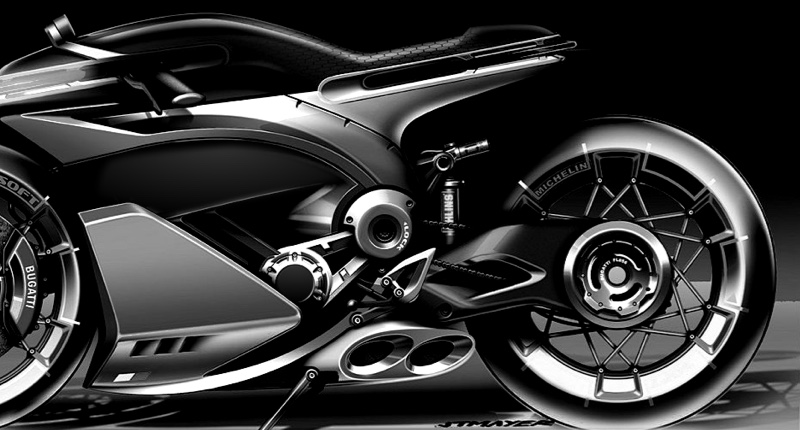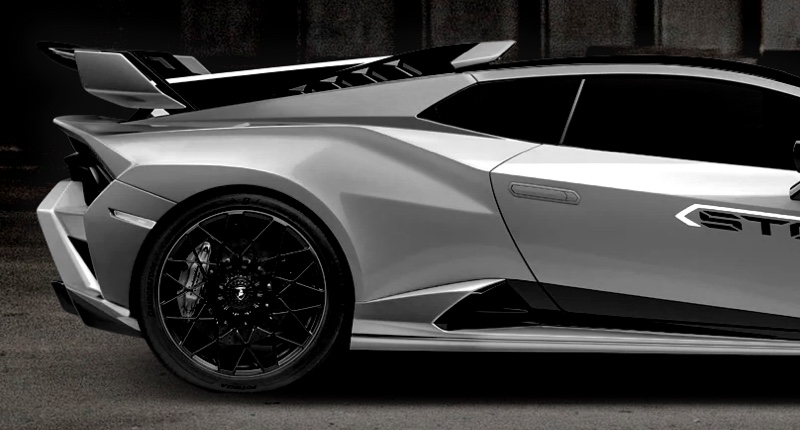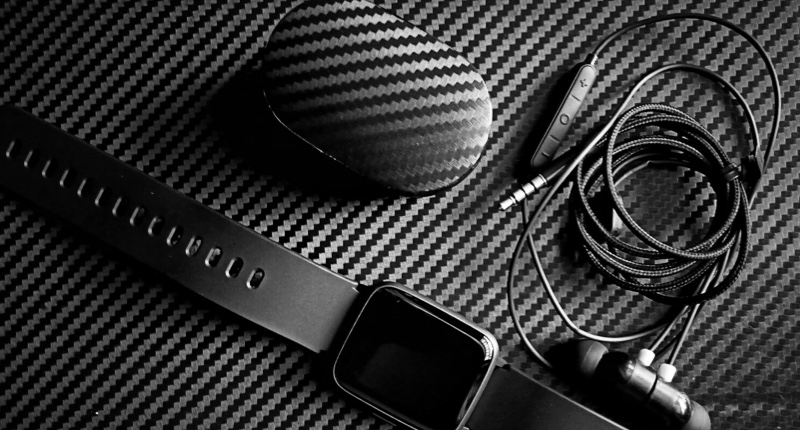does carbon fiber rust | Supreem Carbon Expert Guide
- Unraveling Carbon Fiber Durability: Does it Rust? Insights for Industry Procurement
- Does Carbon Fiber Actually Rust Like Metal?
- How Does Moisture Affect Carbon Fiber Composites?
- The Critical Concern: Galvanic Corrosion with Metals
- Understanding Carbon Fiber's Overall Durability and Lifespan
- Best Practices for Maintaining Carbon Fiber Parts in Industrial Applications
Unraveling Carbon Fiber Durability: Does it Rust? Insights for Industry Procurement
Does Carbon Fiber Actually Rust Like Metal?
A common misconception is that carbon fiber, being a material, can rust in the same way metals like steel or iron do. The definitive answer is no, carbon fiber itself does not rust. Rust is a specific form of corrosion that affects iron and its alloys, resulting from the electrochemical reaction between iron, oxygen, and water. Carbon fibers are composed almost entirely of carbon atoms, which are inherently inert and do not undergo this oxidation process. They are highly resistant to most chemicals, acids, and bases. While the carbon fibers remain stable, it's crucial to understand that carbon fiber parts are composites, meaning carbon fibers are embedded within a resin matrix (e.g., epoxy, vinyl ester). It is this resin matrix that is susceptible to degradation over time due to factors like UV exposure or certain chemical attacks, but this is distinct from rust.
How Does Moisture Affect Carbon Fiber Composites?
Carbon fiber composites exhibit excellent resistance to water and moisture. Unlike metals that can oxidize, carbon fiber itself is hydrophobic. However, the resin matrix used to bind the fibers can absorb a small percentage of moisture over prolonged exposure, particularly in humid or hot-wet environments. For example, epoxy resins might absorb 0.5% to 1.5% moisture by weight. This moisture absorption can lead to a slight reduction in certain mechanical properties, such as interlaminar shear strength or hot-wet compression strength, typically by 10-20%. This is often due to plasticization of the resin, making it slightly softer. Importantly, this process does not involve rusting or irreversible chemical degradation of the fibers and is often reversible upon drying, though long-term exposure to high temperatures and humidity can lead to more permanent changes in the resin's properties.
The Critical Concern: Galvanic Corrosion with Metals
While carbon fiber itself doesn't rust, a significant concern for industry users, especially in aerospace, marine, and automotive applications, is galvanic corrosion. Carbon fiber is electrically conductive and possesses a noble (cathodic) electrochemical potential, similar to graphite or platinum. When carbon fiber is directly in contact with a less noble (anodic) metal – such as aluminum alloys, mild steel, or brass – in the presence of an electrolyte (like saltwater, condensation, or even high humidity), it creates a galvanic couple. This accelerates the corrosion of the less noble metal. For instance, aluminum, widely used for its lightness, can corrode rapidly when directly connected to carbon fiber in a humid environment. To mitigate this, proper electrical isolation is paramount. This can be achieved through dielectric barriers (e.g., fiberglass plies, non-conductive shims, specialized insulating coatings or primers, or even specific grades of conductive epoxy with corrosion inhibitors) between the carbon fiber and the metal components. Ignoring this can lead to premature failure of metallic fasteners or structural elements.
Understanding Carbon Fiber's Overall Durability and Lifespan
Carbon fiber composites are celebrated for their exceptional durability, boasting a high strength-to-weight ratio and excellent fatigue resistance. Their lifespan in industrial applications can be very long, often exceeding that of many traditional materials, provided they are designed and manufactured correctly for their specific environment. The true durability of a carbon fiber part is a function of several factors beyond just the fibers: the choice of resin system (its resistance to UV, temperature, chemicals), the manufacturing quality (void content, fiber alignment), the application of protective coatings (especially UV-stable clear coats to prevent resin degradation), and the resistance to impact damage (which can cause delamination). For instance, in aerospace, carbon fiber components are designed for decades of service, while in competitive sports equipment, the lifespan might be shorter due to extreme loads or direct impact exposure. Understanding the specific demands of the operational environment is key to selecting the right composite system and predicting its lifespan.
Best Practices for Maintaining Carbon Fiber Parts in Industrial Applications
Maintaining carbon fiber parts in industrial settings generally involves straightforward practices to preserve their integrity and performance. Regular visual inspection is crucial, especially for signs of delamination (separation of layers), cracks, or impact damage, which can compromise structural integrity. Cleaning should be done with mild soap and water, avoiding harsh abrasive cleaners or strong solvents that could degrade the resin or any protective clear coats. For parts exposed to UV radiation, ensuring the presence and integrity of a UV-stable clear coat is vital to prevent resin yellowing and embrittlement. In applications where carbon fiber is joined with metallic components, periodic inspection of the dielectric barriers is essential to confirm they remain intact and effective in preventing galvanic corrosion. Always refer to the manufacturer's specific recommendations for cleaning, storage, and repair, as these can vary based on the resin system and application. Proactive maintenance and correct installation are key to maximizing the lifespan and reliability of carbon fiber components.

How Long Do Carbon Fiber Parts Last? | Supreem Carbon

New Arrivals of BMW S1000RR 2020+ full carbon fiber sets.

Aprilia Tuono V4 2021 new arrivals.

Supreem carbon Auto part new arrivals

Application Advantages of Carbon Fiber in Automobile Chassis Brackets

How Long Does Carbon Fiber Last? Unveiling the Durability of a Tech Marvel
For After-sales Service
Do you offer a warranty?
Six month standard warranty on all products. Damage due to installation error or natural elements will not be covered.
What can I do if the carbon fiber products arrived is broken?
Please give us feedback as soon as possible and we will send new one to you.
For Customized Service
What custom customer need to prepare?
1. Send Your Design/Idea/3D drawing.
2. Supplier Quotation Confirmation.
3. Firts Sample Feedback.
For Order Delivery
How to choose the mode of transportation?
We use official shipment like Fedex,UPS,DHL and so on. Also customer can arrange delivery by themselves.
For Facotry
When is Supreem carbon founded?
Our company formally established in early 2017.

Kawasaki ZX10R Carbon Fiber Front Side Panel

Aucra NSX Carbon Fiber Nose Beak Replacement
Give your 2017+ NSX front a more unique look with our direct replacement carbon fiber Nose Beak. Each piece is carefully hand-crafted for a perfect fitment in any NSX.

BMW S1000RR S1000R Carbon Fiber Front Fender

Carbon Fiber Watch Custom
Let’s Bring Your Carbon Fiber Ideas to Life
Have a question or inquiry about our carbon fiber composite products? Leave us a message here, and our team will get back to you promptly.
Whether you're interested in custom orders, technical specifications, or partnership opportunities, we're here to assist you.
Please fill out the fields above with your name, email address, and message.
© 2024 Supreem Carbon All Rights Reserved.





Facebook
Pinterest
LinkedIn
Instagram